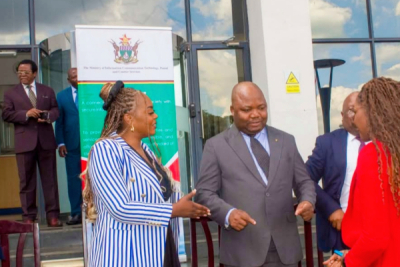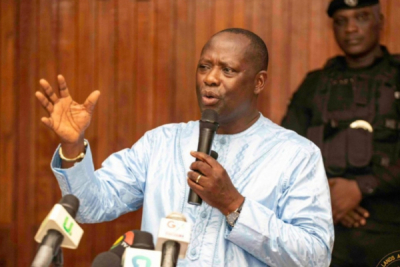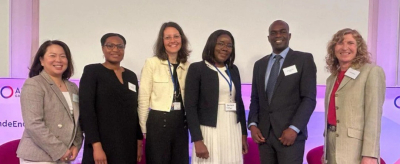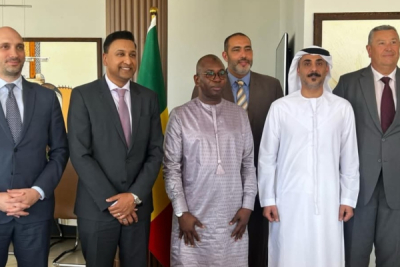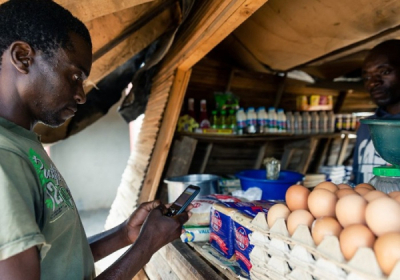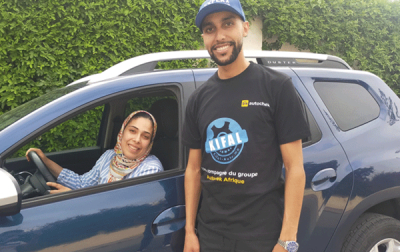Burundi validated last March 17 the final plan of its digital tax collection project. The plan was validated by provincial governors, council tax officers, and communal administrators during a workshop organized by the Ministry of Home Affairs and the United Nations Development Program (UNDP).
The final plan provides for the adjustment of the legal framework, identification and allocation of identification numbers to every taxpayer, and the acquisition and deployment of IT equipment. It also plans for the connection of every municipality to the national power and internet network as well as training for the communal staff that will be in charge of daily communal revenue collection. The plan’s pilot phase will be launched next July in sixty townships.
For Niteretse Martin (photo), permanent secretary of the Ministry of Home Affairs, the collection of communal tax revenues is being digitized to improve efficiency, boost transparency and improve the relationship between the public administration and citizens by offering efficient services to users.
The March 17 workshop is the ultimate result of instructions issued by President Evariste Ndayishimiye at the end of the January 4-5, 2022, government retreat. After the retreat, on January 27, another workshop was organized to validate the diagnostic assessment of communal tax collection in the country. The digitalization of communal tax collection is perceived as a solution to poor communal management. The latter translates into financial losses for the government. However, the authorities expect digitalization to guarantee good governance and steady communal tax incomes.
Ruben Tchounyabe



